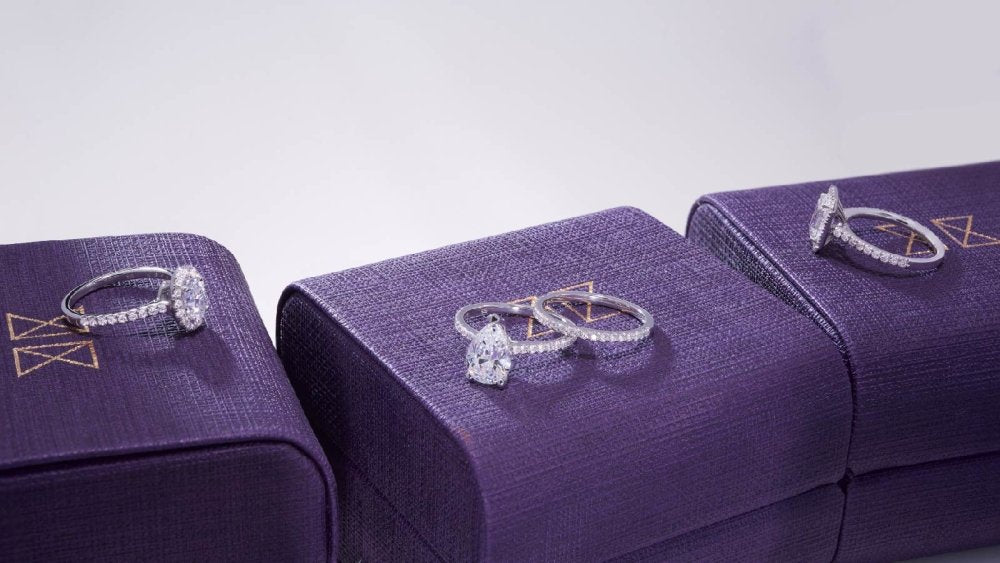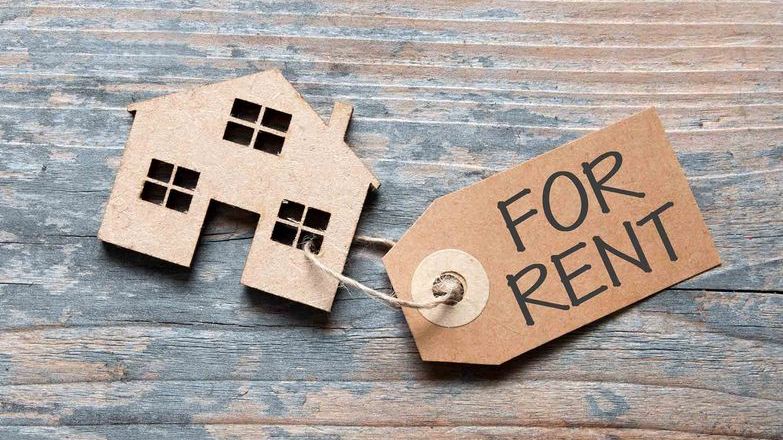Debt recovery and debt collection, with one minor, but very significant difference, are similar terms. The distinction is who is trying to recover a debt. Debt recovery is the effort by a borrower to reclaim consumer credit and loans that a client has not paid back.
Debt recovery is when a debt continues to go unpaid, such as a credit card balance, and a borrower hires a third party to work on recovering the money, known as a collection service.
Debt recovery is essential because it is closely linked to your credit score. If you are being consulted by a debt recovery service such as 4R Business Recovery , it means there is a record that you have foreclosed on a loan and currently have repossessions. The credit bureaus are aware of these delinquencies, harming your credit score, which can potentially hurt any possible prospects for loans.
In the debt recovery process, there are many steps, and it is crucial to know the requirements when a debt recovery agent approaches you. In fact, because financial debt can be a sticky situation, legislation has been developed to direct the process of debt recovery and ensure that customers are protected from harassing practices of debt recovery.
Process for Debt Recovery
The creditor will give the claim information and supporting documentation to the debt collector until the debt belongs to a collection agency, noting the inability to pay according to the terms of the agreement. The repayment process starts with a request letter being sent to the debtor and an acceptance letter being sent to the client after the petition is checked and approved by the debt collection service.
The debt collection service updates the client with information on the forwarding of the lawsuit to the affiliated lawyers if the debtor does not comply with the debt settlement.
Forwarded lawsuits are signed and submitted to the affiliated lawyers by the client, and suit conditions are given if lawyers suggest legal action.
The lawsuit is prepared and filed when the client authorizes the legal action and agrees with the requirements of the suit. The claim is worked on for an additional 60 days by the debt collection service and then closed if the client does not want to pursue legal action.
You can have a consumer advocate representing you if the case goes on to trial. The case continues as a trial that is usual. Both sides give their side of the evidence, and a decision is taken by the judge.
When a debt collector earns a judgment against you, they have the right to the money owed and may use alternate methods for recovering debt. They can garnish salaries, seize valuable property, place a bank levy on your home (freezing the account) or a lien, guaranteeing them a portion of the money on the property sale.
When a creditor approaches you, you should, of course, put your guard up, and you should know your rights and understand what debt collectors are and are not allowed to do. But if you know a little about how the organization functions, you might be able to amicably settle your delinquent debt.














